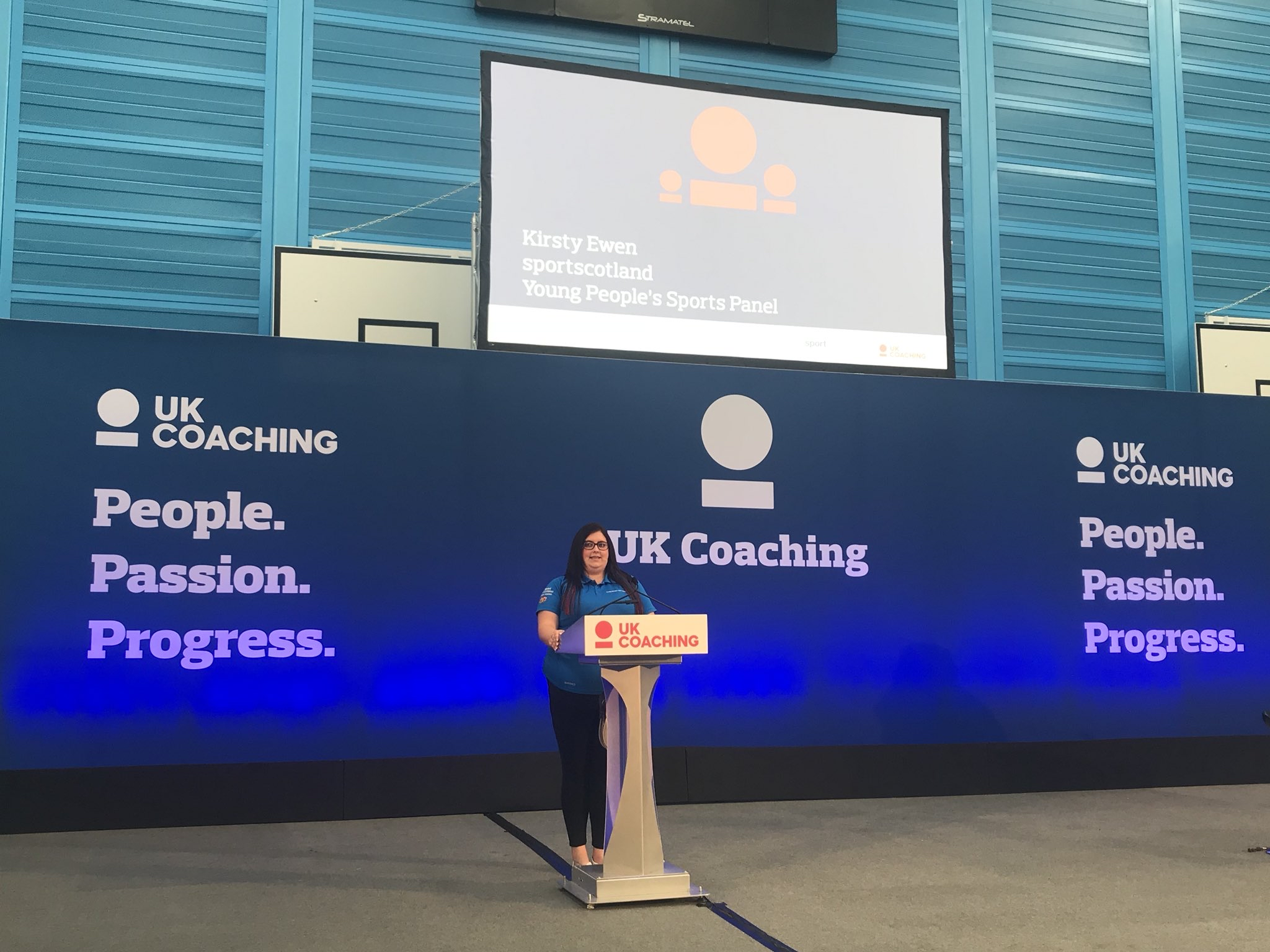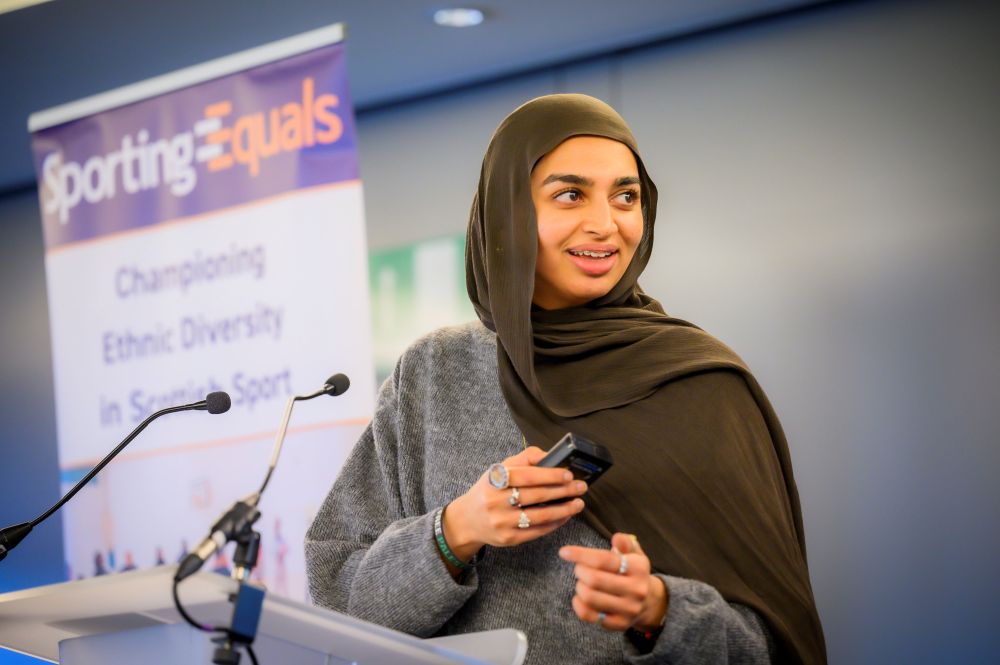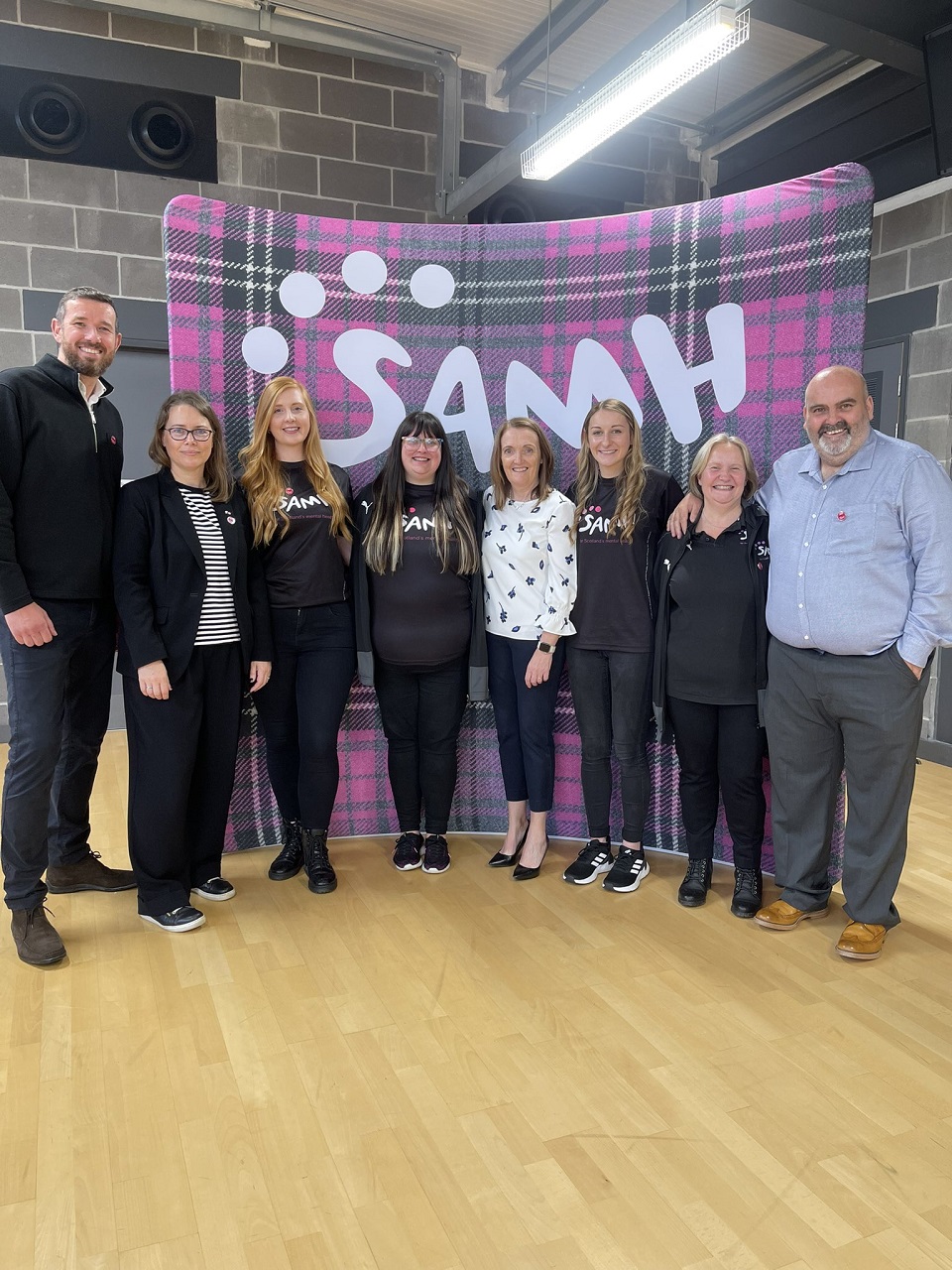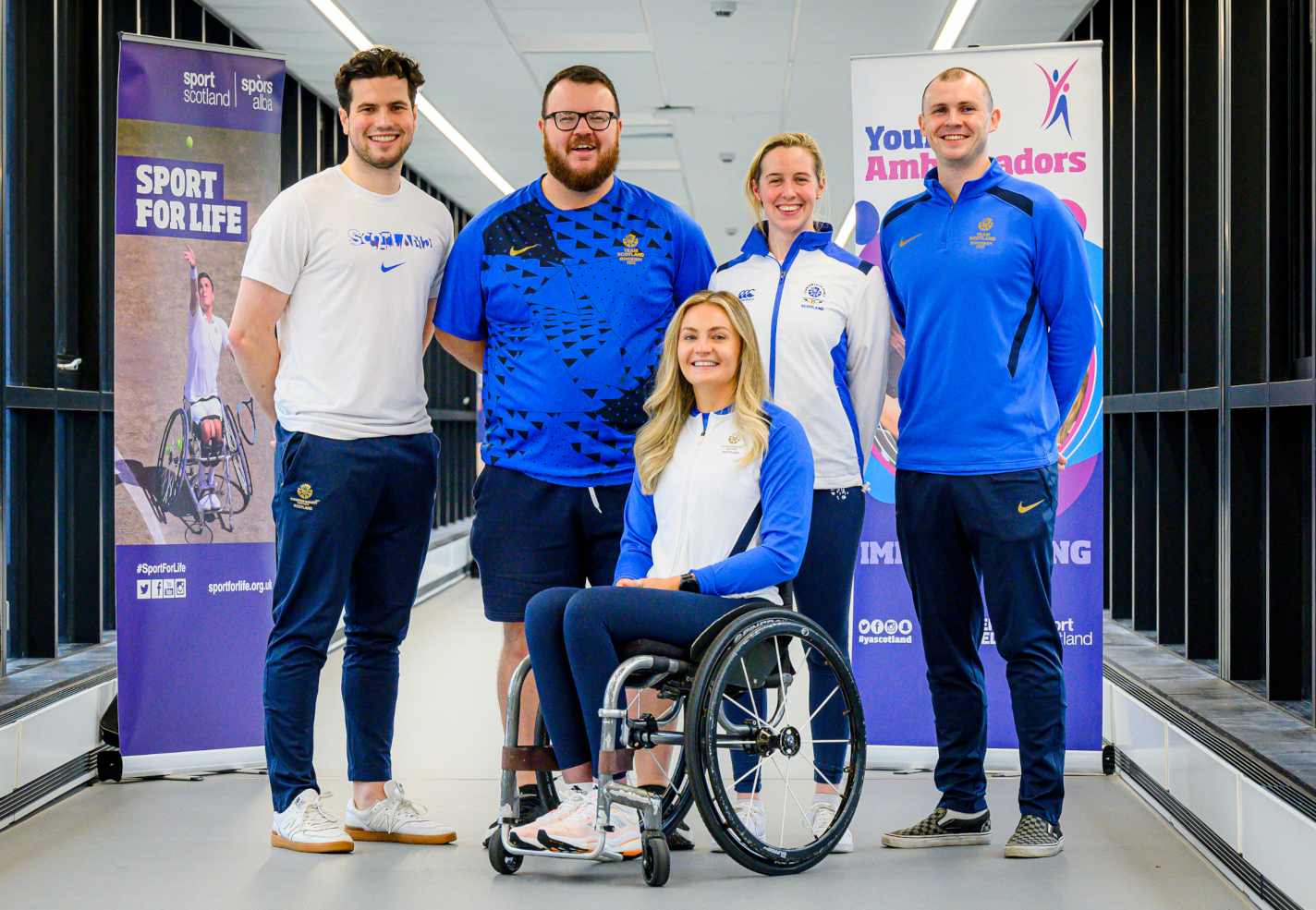sportscotland is hosting ‘Lead to Succeed’ on Saturday 26 November, an event for young people to celebrate 10 years of two of sportscotland’s flagship National Lottery funded programmes for young leaders: the Young Ambassadors (YA) programme and the Young People’s Sport Panel (YPSP).
We caught up with former YPSP member Kirsty Ewen to find out what she’s doing now and what impact her panel experience had.
The YPSP provides a national platform for young people, and panel members influence and shape the future of sport in Scotland and raise the profile of sport.
Joining the panel
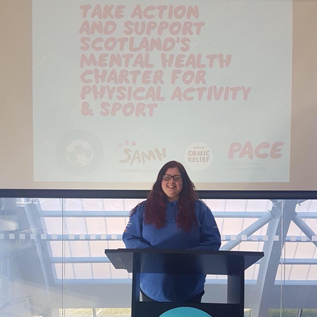
Kirsty was 25 when she joined the third Young People’s Sport Panel in 2016. She said:
“I’ve struggled with my mental health since I was a teenager and getting involved in leadership and volunteering in sport saved me. When I joined the panel, I was at the point where I still didn’t really talk about my mental health, even with friends and family. Through help from staff who supported the panel, I was given opportunities to share my story.”
“That was empowering for me to accept my story and things that had happened and choices that I had made, and I became more open about talking about my mental health to try to help other people.”
“My journey on the panel was pretty life changing and opened my eyes to stop feeling ashamed of things I had been through.”
“I was at university and in 2014 I volunteered in the Queen's Baton Relay and when I came back I worked in a health and safety training company. Being on the panel motivated me to think about what I wanted to do rather than just doing a job to get paid – and that has stayed with me.”
Projects and opportunities
Kirsty was heavily involved in the development of projects relating to women and girls in sport. She said:
“I was part of the women and girls working group in the early stages of the Fit for Girls workshops – it is really exciting to see how much Fit for Girls has grown and thinking about how it could develop in the future.”
Besides this, Kirsty also managed to get involved in external events and projects. She mentioned:
“When I was on the panel, I spoke at the Scottish Association for Mental Health’s (SAMH) charter launch and met Robert, from SAMH. After the panel I stayed in touch, and I worked with him to increase my skills and build upon the things I had learned from my time on the panel.”
“Without having been on the panel, having spoken at that event and shared my story, I don’t think I would be working with SAMH now.”
Developing skills
Kirsty’s personal and professional growth throughout the panel was exceptional, and many of the skills she developed transfer into her work now. She said:
“I developed my public speaking skills and confidence working with different groups. Being able to talk to people at all levels of sport was an important skill to develop that helped me professionally and personally. I don’t think I would be where I am without having been on the YPSP.”
Where are you now?
Kirsty used many of the skills she developed and network she established throughout her time on the panel to help her get further involved in sport, professionally and as a volunteer. She told us:
“I currently have two roles. I work for Scottish Disability Sport as the Highland and Orkney Regional Manager, where I collaborate with partners to increase opportunities for people with a disability to be involved in sport. I also work for SAMH mainly in the training team on our partnership with sportscotland, delivering training around mental health and wellbeing to local authority partners and to Scottish Governing Bodies.”
“I am also a volunteer swim coach, coaching six times a week at my local swimming club. I quit swimming as a teenager because of my mental health and joining the panel made me want to get involved again and that’s when I went back to coaching. I still have lots of sport in my life!”
Panel highlights 
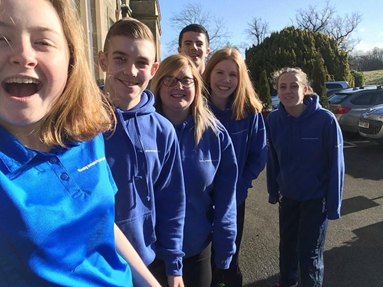
“Seeing the difference in myself from starting on the panel to finishing, knowing that my voice had been heard and our ideas were making a difference for young people in sport was a massive highlight."
“I wasn’t naturally sporty as a kid or an adult, I wanted to represent the other sides of sport – it isn’t just about participating, it is also about all these other things you can do and all the benefits you can get from being involved in sport. Having an impact on those areas was special, especially within mental health in sport because of my own experience. I am passionate about sharing that message and creating more conversations.”
“I learned that being myself was okay and although I was the oldest member on our panel, I struggled at the beginning because I was always second guessing if what I had to say was useful or if everyone would think it was stupid and laugh. I realised that what I had to say had an impact and that every voice in the room was worth hearing.”
Advice to young leaders
“Say yes to any opportunity that you get offered because every opportunity can be a learning experience and there is so much you can learn from putting yourself out there and trying something new.”

